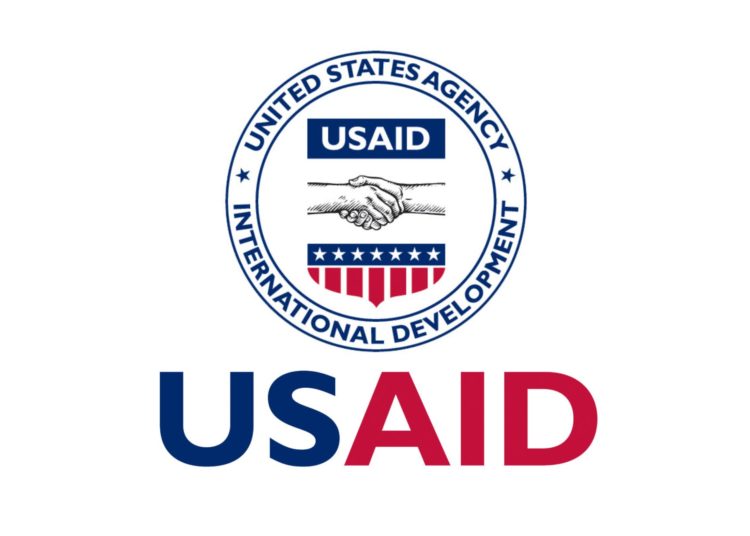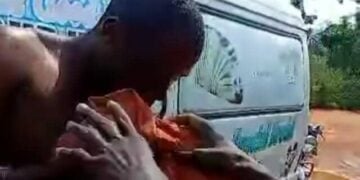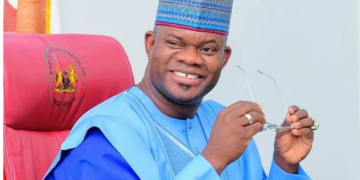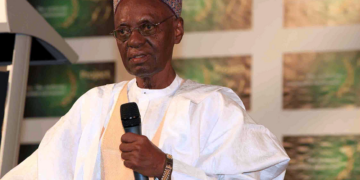The House of Representatives has commenced investigation into the over $1.8 billion and $2.8 billion grants received by Nigeria from the Global Fund and the United States Agency for International Development (USAID) for the fight against HIV/AIDS, Tuberculosis and Malaria, as well as for strengthening health systems from 2021-2025.
Speaking at the inaugural session of the investigative hearing, chairman of the House Committee on Infectious Diseases, Hon. Amobi Godwin Ogah, said the probe was essential to determine how the huge grants had been utilised and to ensure accountability in the management of funds aimed at tackling infectious diseases.
Ogah also said the country continued to be battered by the ill-effects of a greater burden of HIV, Tuberculosis, Malaria and other numerous infectious diseases.
“It appears that while budgetary allocations and donor funds are mobilised for the response against these health challenges, there is no reprieve in sight as Nigerians are ravaged daily,” he said.
Ogah warned that Nigeria would no longer accept being a “mere spectator” in the management of grants given to it, insisting that donor funds must henceforth be managed in line with Nigeria’s priorities.
“Any grant or assistance being given to us without us managing such grant is unacceptable. If they would not give us such grants and assistance on our terms, then let them keep their grants. We must assert our capacity to take charge of our affairs, particularly in the response against HIV/AIDS, Tuberculosis and Malaria,” he said.
The lawmaker directed the Federal Ministry of Health and Social Welfare to ensure that all principal recipients and implementing partners submit their implementation plans for approval by the National Assembly before funds are released.
He revealed that the committee would work closely with the EFCC and ICPC to ensure that principal recipients and implementing partners of all grants are accountable to Nigerians.
“This is even more critical when you consider that some funding for terrorist activities has been traced to grants and donor funds,” Ogah added.
Also speaking, the Minister of Health and Social Welfare, Professor Muhammad Ali Pate, harped on the need for a gradual end to Nigeria’s dependence on foreign aid in funding its response to HIV/AIDS, tuberculosis and malaria.
Pate said the country must take greater responsibility for financing its health priorities as donor funding was declining after two decades of support.
He noted that while donor assistance has saved millions of lives through HIV, TB and malaria interventions, Nigeria’s health spending remains below 15% of the Abuja Declaration target, warning that underfunding threatens sustainability.
Declaring the meeting open, Speaker Abbas Tajudeen, said the investigation reflects the House’s resolve to ensure transparency in health funding.
Represented by the deputy chief whip, Hon. Ibrahim Isiaka, Speaker Abbas, said the House would produce an evidence-based report on how the grants were received, utilised and their impact on public health, while strengthening accountability and governance in the sector.





